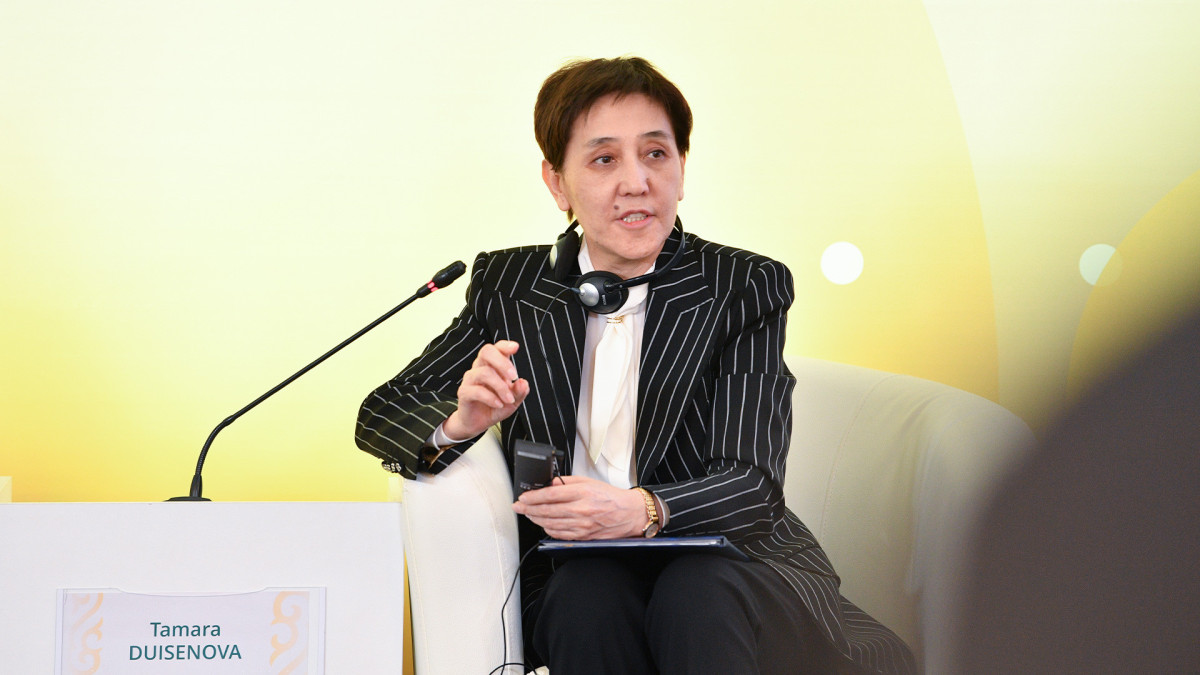
Deputy Prime Minister of Kazakhstan talks about pension system prospects

EL.KZ Информационно-познавательный портал
Deputy Prime Minister of the Republic of Kazakhstan Tamara Duisenova took part in a high-level international round table organized in Almaty as part of the celebration of the 25th anniversary of the funded pension system of Kazakhstan, El.kz cites primeminister.kz.
In her speech, Tamara Duisenova noted that Kazakhstan was the first CIS country to move to a funded pension system based on the principles of individual savings.
Thus, at the first stage of the system participants were only employees, contributing 10% of their income. Today, the total amount of their savings exceeds 16 trillion tenge. At the second stage - since 2005 basic pension payments from the budget were introduced. As a result, a second participant in the system, represented by the state, appeared.
"With the adoption of the Social Code this year, a third subject of the system appeared - the employer. Already from the beginning of next year, they will start making contributions in favor of their employees. Thus, we have formed a multi-level national pension system,"Tamara Duisenova said.
At the same time, she emphasized that not all issues of pension provision have been resolved. First, it concerns demographic changes: according to forecasts, by 2030, the number of pensioners will increase by 30% and reach 3 million people.
"However, due to the youth of the system, the size of the funded pension is not so large. In this regard, within the framework of the Social Code, we have provided parametric changes to increase the size of pension payments at the expense of the state. That is, the state has assumed responsibility for the pension provision of our citizens at the transition stage from the state to a multilevel system," she said.
Secondly, the problem of coverage of self-employed citizens by the funded pension system remains. To ensure social protection of this category of citizens, based on the experience of the OECD countries, the concept of "independent worker" was introduced, mechanisms for regulating platform employment were defined, and a single payment was introduced, combining all social contributions for micro and small businesses.
"We expect that this will allow to legalize the work of more than 500 thousand citizens and ensure their right to social security, including pension," the Deputy Prime Minister stressed.

